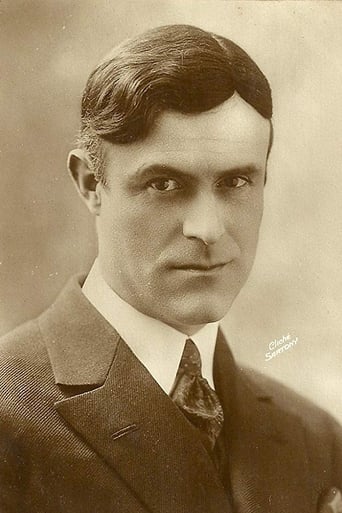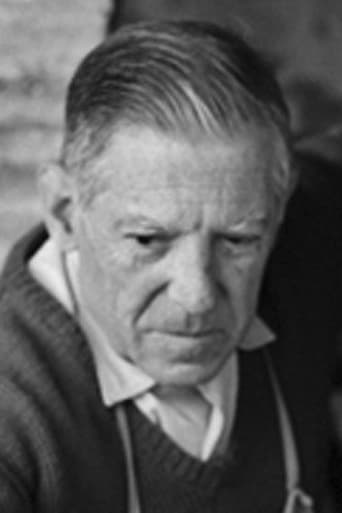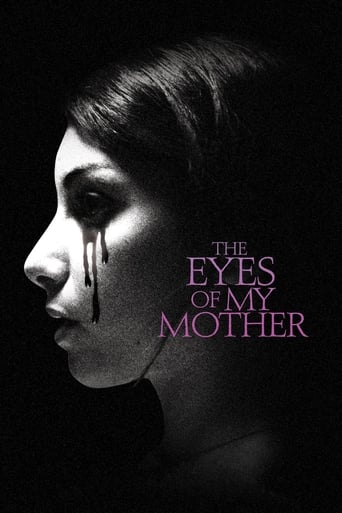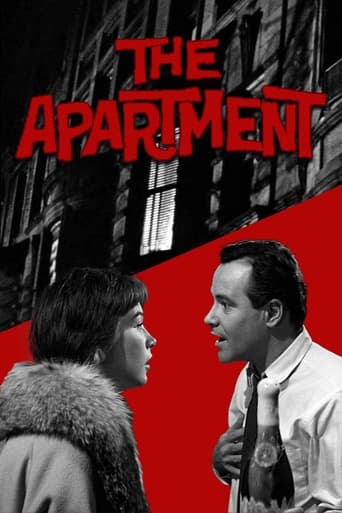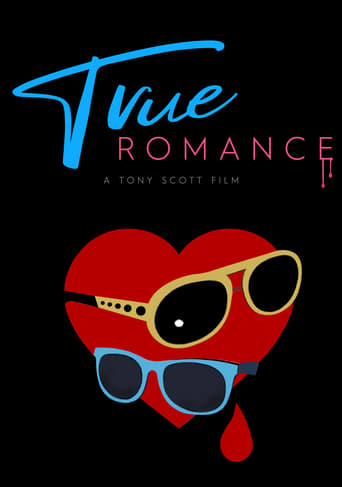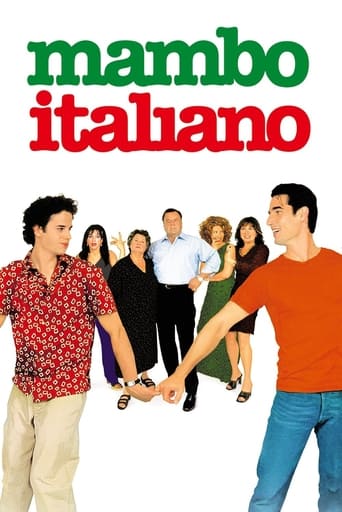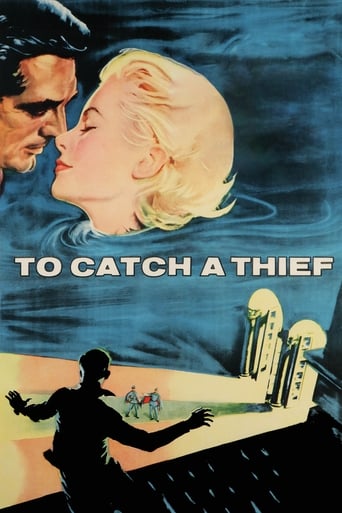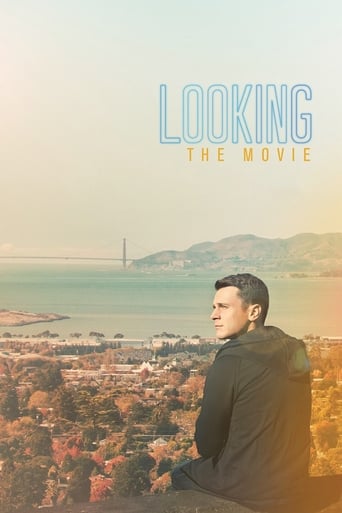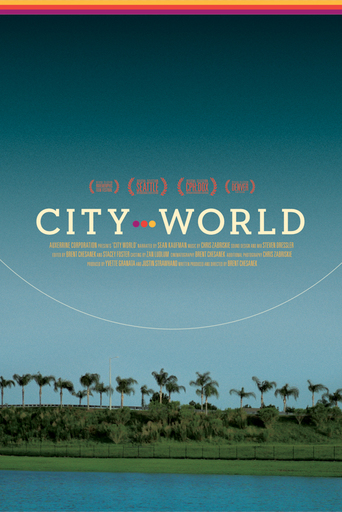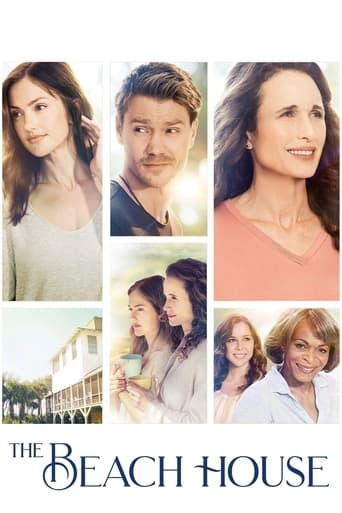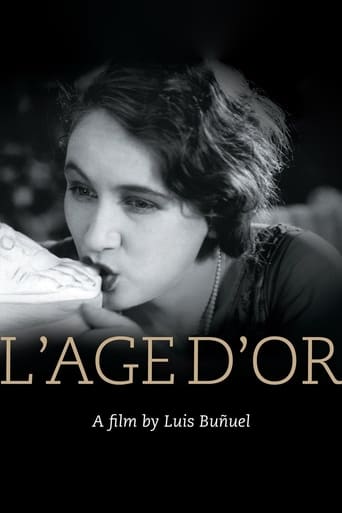
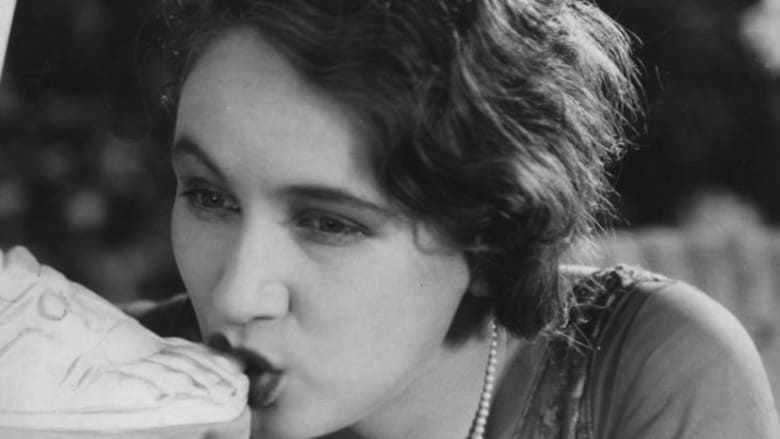
L'Âge d'or (1930)
The film consists of a series of tightly interlinked vignettes, the most sustained of which details the story of a man and a woman who are passionately in love. Their attempts to consummate their passion are constantly thwarted, by their families, by the Church and bourgeois society in general.
Watch Trailer
Cast


Similar titles
Reviews
I've always felt that it was somewhat unfortunate that the concept of a cinema presented as art has been largely abandoned in the last sixty years or so in favour of a cinema of wanton commodity. The idea that a film is little more than a consumer product intended to offer passive entertainment that won't require any kind of further thought or challenges for the viewer is incredibly sad, and inevitably leads to the endless regurgitation of codes, conventions, stories and images that we're currently seeing through the endless production of re-makes, literary adaptations and variations on TV. I suppose it depends largely on how you view the notion of "art" in an entertainment sense. I'd gather that very few of the people posting negative comments here would gladly spend the afternoon in an art gallery, not simply learning something about the artist and their work, but actually enjoying it. Many think of art as something incredibly serious; there to be admired from a distance without ever attempting to form a personal connection or engagement with it on an emotional or intellectual level. It is this attitude that leads to the various implications of the term "art film", which now has a number of incredibly negative connotations that suggest something po-faced and pretentious; the idea that these films should be sat through and looked at with no real appreciation for the sense of fun, frivolity and subversive glee that the filmmakers bring to their work or the ideas behind it.As one of the previous reviewer already noted, it was not Buñuel's intention for this film to be looked at as something entirely serious; though there are certainly serious ideas being expressed. Instead, you could approach it as something radical, like rock n' roll or punk music, with the idea of a cinema of revolution and defiance that goes against all accepted conventions of what cinema is and what cinema should attain to; as well as commenting on the nature of society - with all its bourgeois values and the (then) prevalent idea of religious hypocrisy - in a way that would inspire thought and provoke a reaction. You might not enjoy it as much as a more conventional film that offers a plot and a theme and characters you can believe in - and all presented in a way that is comfortable and safe - but the experience, for me at least, is as a hundred times more rewarding than the latest Marvel adaptation or exercise in Hollywood nostalgia. Look at the current films at the top of the US box-office and it becomes clear that films like L'Âge d'Or (1930) and the proceeding Un Chien Andalou (1929) have become part of the minority. Nonetheless, when we view this film within the context of something like Kung-Fu Panda (2008), You Don't Mess With Zohan (2008), Indiana Jones and the Kingdom of the Crystal Skull (2008) and Sex and the City (2008) - all currently top of the American box office - we can see the extent of how facile and meaningless much of contemporary cinema has become.It has never been my belief that a film requires a story or a character that we attach our own thoughts and feelings to, but rather, can survive simply as a platform for creative thought and artistic expression. The true power of cinema is in the sense that it is the only real art form that combines elements from every single separate art-form that you can possibly think of; from performance art, to photography, editing and design and of course, the various literary traditions that gave us the ideas of narrative and character. So, with L'Âge d'Or, we are presented with a mad jumble of images all flowing dreamlike from one scene to the next - sometimes boring, sometimes fascinating - often without interpretation or any kind of greater context outside of the broader notions of surrealism for the sake of it. It's still seen as something radical - perhaps even dangerous - seventy-odd years after it was first released, but really, its classic cinema in the traditional sense; e.g. a collection of abstract but penetrating images intended to be viewed by as many people as possible at the same time to create a shared and sensory experience. In this sense, the film is almost beyond criticism, or at least, beyond the higher intellectual/interpretative level of criticism that it normally receives, with the film standing as an ode to cinema at its most simple and sublime. All notions of intellectualism, or pseudo-intellectualism, are therefore thrown out of the window as the film transfixes us with some stunningly imaginative images that flicker to life on the screen.To seek answers from the film is missing the point, as there are no questions to be asked. The point of the film is not to entertain on the base levels of character, narrative and simple human emotions, but rather, to present us with something that we've never seen before. It's artist expression. If you have no interest in this then you'll have no interest in the film - which, although incredibly difficult and almost certainly not to all tastes, is still as close to the purest sense of cinema as you can possibly get. Some of the images are intended to shock, others to amuse and others to titillate and provoke thought, even when there seems to be nothing to really think about. Above all else, it is an experience, like all films, and one that is entirely visual and approachable on even the most immediate of levels. Don't think too much about it, or attempt to see something that isn't there. The point of surrealism was to go beyond such notions of the real and mundane to present something illogical, imaginative and devoid of rational thinking in order to find a new way of approaching the world. That's what this film represents.
If you're knowledgeable about Bunuel's body of work, then you'll see pretty much the blue print for his future films, with all of his views on religion, unrequited lust and love/hate for the bourgeoisie. I agree with those who loved it yet, at the same time, I feel people missed Bunuel's point. Bunuel wanted a complete affront to the senses of that audience. If that sounds childish, well... Anyone could argue the easiness of taking shocking images and filming them and then claiming to be a genius is really dumb. But there is a sense of flow and rhythm to the images; this is not just a disparate collection of things to look at.Yet still one does not have to scratch his/her head in bewilderment as to what it all means. Does anyone complain about a Dali painting and his skewing of reality? Maybe, I don't know. But it's the same thing here. There are lots of grotesque, funny and sublime sequences. And though it doesn't necessarily flow as a cohesive narrative which has a straightforward, underlying message, it's clear which social mores that Bunuel/Dali are criticizing. If you're versed in Bunuel, he'd be the first to tell you that his images are not supposed to be symbolic. If you see a peasant on a horse and carriage riding through a Marquis De Sade castle, then that's exactly what you're seeing.As such there is an image of man executing his son, an image of another man brutally kicking a blind man, a cross with human scalps, a toilet making sewer noises cut between images of a man rolling in mud, which looks a little too much like...
L'Age D'Or (1930) ** (out of 4) I guess the "story" was simple enough but I never got caught up in it so I really didn't care if the man and woman finally got together or not. I guess the story really isn't too important here but the visuals and surrealism didn't work either. I've used the term "dreamlike" several times but that nature here, to me, just seemed overly imposed and forced on the viewer and really didn't come naturally enough. The dreamlike quality might be a word fans like myself overuse but none of it captured my attention here. With that in mind, the sound effects started to get on my nerves as did the acting, which was really poor, although if you got the "dream" I guess these things wouldn't bother you. The slam at religion is also another thing I never really picked up. The film was interesting enough that I don't regret watching it but I doubt I'll be giving it a second viewing.
Well, first of all I really liked the earlier surrealistic movie "Un chien andalou" by Luis Buñuel but I guess this movie just sort of went too far for me.Story-wise, this is just an extreme odd piece to watch. Halve of the time you really don't understand what is going on and what some of the intentions are. But I guess that's also part of the charm of this movie and a reason why you can watch it over and over again, exploring and understanding more of its themes and surrealistic elements every time you watch it.It's a movie that is also obviously criticizing some themes such as against the bourgeois and religion as well as some social critiques. On that level I liked this movie, since it was also effective with it as well.Perhaps you also shouldn't view this film as an actual film but more as a piece of art, you can watch from different perspective and unleash your own interpretations on it.As a movie this one is just too lacking, since its an at times almost impossible movie to watch and follow. The dialog and some of the sequences just seem to pop out of nowhere, without making an obvious connection to the movie as a whole. And as strange as it might sound after criticizing its story, this movie just has too much of a story. "Un chien andalou" was a great dream-like surreal movie, without a story in it. This movie follows a main plot-line with characters in it and does feature dialog. Perhaps I would had liked this film more if it was made as an entirely silent movie instead. It would had most likely strengthened its surrealistic elements. The movie is now instead not surrealistic enough for my liking.Probably one of the most bizarre movies you'll ever see, without understanding it.6/10http://bobafett1138.blogspot.com/


